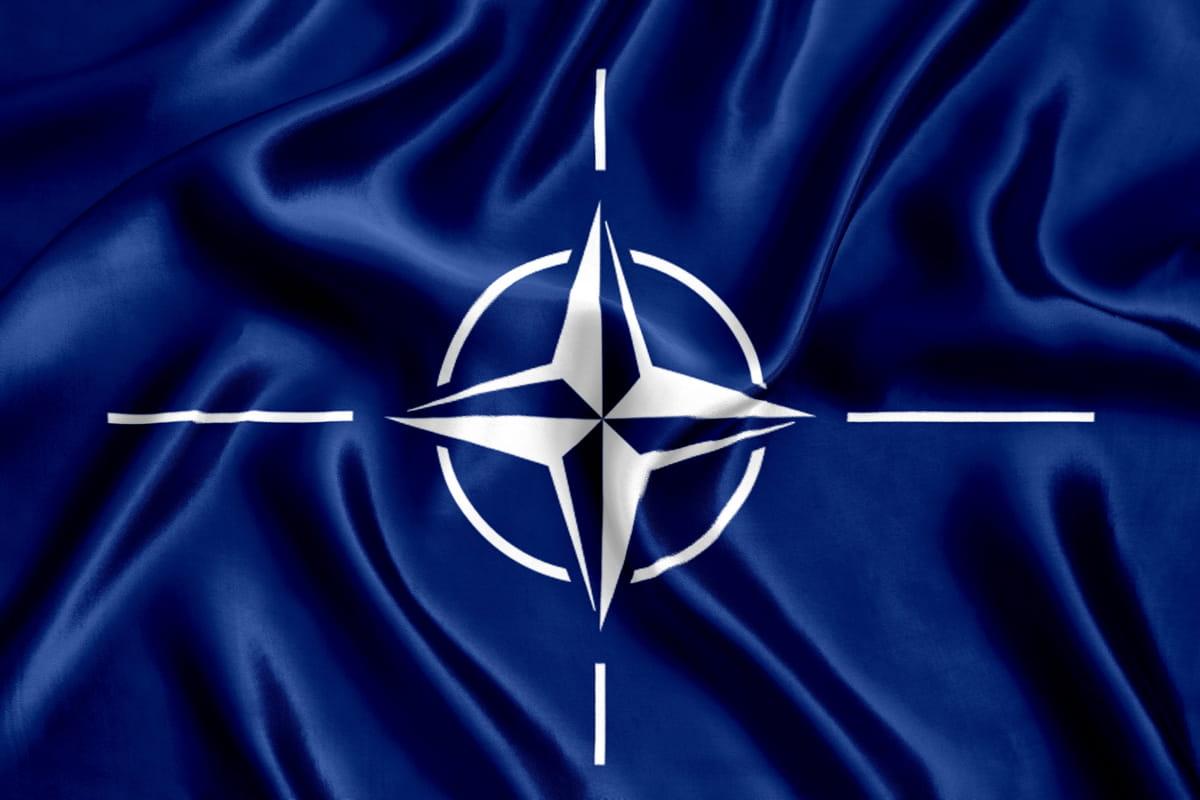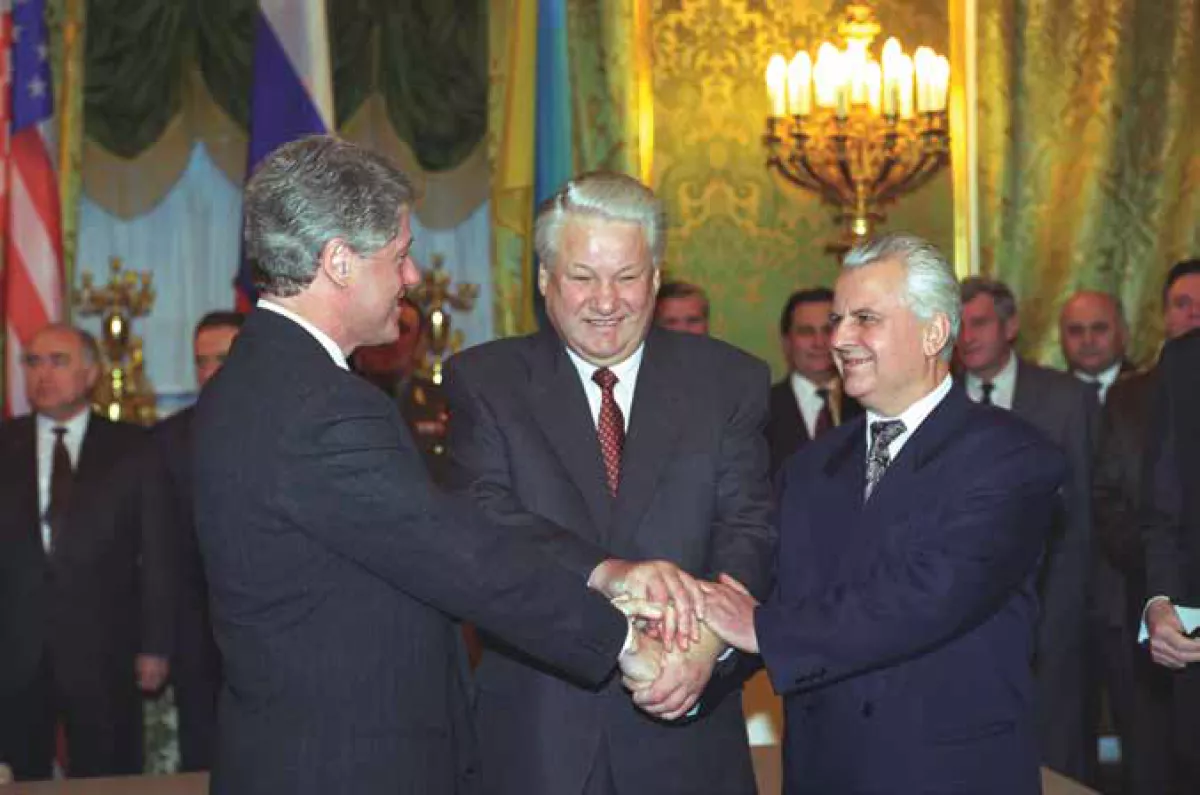Do security guarantees provide any assurance? From words to action
The concept of security guarantees has long been a part of international politics. Historical experience shows that guarantees from third-party nations can only be effective when the recipient country consistently pursues a rational, pragmatic policy.
Recently, the topic of security guarantees has been frequently discussed by political leaders in various countries. This is particularly prominent in discussions surrounding the potential end of hostilities between Russia and Ukraine, as well as the post-war restructuring of regional security in Europe. Kyiv insists that its Western partners provide these guarantees as a key condition for a ceasefire.
Moscow, for its part, has also expressed a desire to receive security guarantees, primarily requesting commitments from the U.S. and its NATO allies to halt the political and military expansion of the Alliance toward Russia's borders. As early as mid-December 2021, Moscow handed over to Washington a draft of an agreement – the Treaty between The United States of America and the Russian Federation on security guarantees. Along with it, Moscow also submitted a draft of an Agreement on measures to ensure the security of The Russian Federation and member States of the North Atlantic Treaty Organization.

Recently, the topic of security guarantees has surfaced in a different context. On the 25th anniversary of the 1999 Treaty establishing the Union State of Belarus and Russia, Moscow and Minsk signed a new agreement – one focused on security guarantees within the framework of the Union State. The official text of the agreement has not yet been published, but its main provisions can be inferred from numerous comments made by Belarusian and Russian officials. Even if the term "security guarantees" is not explicitly used, many leaders of European NATO member states frequently discuss the issue in one form or another.
This might create the impression that a new phase in international relations is unfolding – one in which countries will be divided into those offering security guarantees and those receiving them. In this new period, security guarantees, like a web, could start to unite certain groups of countries while distancing them from others. If a diplomatic dictionary, much like the Oxford English Dictionary, were to choose a "word or phrase of the year," "security guarantees" could well emerge as the term of 2024.
The topic is not new
In reality, the issue of security guarantees is not new at all. Over the past three decades, during a relatively stable period in international relations characterized by a low level of contradictions between major powers and, consequently, minimal military risks, the topic was somewhat forgotten. However, it is a natural part of global politics. Security guarantees are closely linked to the topic of military-political alliances and, more broadly, any intergovernmental cooperation in the defence sphere. Weaker countries have always been interested in forming alliances with stronger ones in order to enhance their security through defence commitments from those more powerful states—especially if the stronger state also possesses nuclear weapons.
In essence, many view nuclear weapons as the most effective manifestation of the idea of security guarantees. However, in a strict sense, nuclear arsenals do not actually guarantee anything and can even create additional risks and threats. Nonetheless, most countries around the world tend to believe that the advantages of possessing nuclear weapons outweigh the risks when it comes to their own security.
With the signing of the Partial Nuclear Test Ban Treaty in 1963 and the Nuclear Non-Proliferation Treaty (NPT) in 1968, one of the central imperatives of international relations became the prevention of the spread of nuclear weapons. This has, in turn, elevated the relevance of the topic of security guarantees, particularly from nuclear powers to non-nuclear states. If nuclear powers block attempts by non-nuclear countries to join their ranks, they are obligated to provide viable alternatives for security assurances.
Therefore, already in the second half of the 1960s, there were particularly active expert and diplomatic discussions about security guarantees as a means of preventing the further spread of nuclear weapons. These discussions largely continued after the end of the Cold War. Perhaps the most famous example of this is the Budapest Memorandum, signed on December 5, 1994. In light of events over the past decade, this document is primarily recalled in relation to Ukraine; however, similar memoranda were signed on the same day by Belarus and Kazakhstan as well. This means that three newly independent states in the post-Soviet space, where nuclear arsenals remained after the collapse of the USSR, were also involved. The guarantors of the memorandum in all three cases were Russia, the United Kingdom, and the United States.

In exchange for agreeing to remove nuclear weapons from their territories, the Budapest Memorandum promised the three post-Soviet republics respect for their sovereignty and territorial integrity, along with assurances of military and economic security. The full official name of the document is the "Memorandum on Security Assurances in connection with the Republic of Belarus'/Republic of Kazakhstan's/Ukraine's accession to the Treaty on the Non-Proliferation of Nuclear Weapons."
However, the memorandum was not about binding guarantees but rather political assurances that were not legally enforceable. Notably, even the English version of the document uses the term "security assurances" rather than "security guarantees," reflecting its non-binding nature.
This distinction is crucial for understanding how the topic of security guarantees has evolved three decades later. The very fact that Belarus, Kazakhstan, and Ukraine agreed to sign the Budapest Memorandum without any specific mechanisms to ensure their security speaks volumes about the international environment of the 1990s and how it was perceived by the signatory states. At the time, it genuinely seemed that Europe had entered a completely new historical era free of conflicts, let alone wars, as proclaimed by the Charter of Paris for a New Europe.
Guarantees without guarantees
Today, the security environment has changed drastically. For this reason alone, it is hard to imagine that states seeking security guarantees would accept declarative assurances without clear commitments. The failure of the Budapest Memorandum also serves as a stark reminder of the risks of signing strategic documents without considering how the security landscape might evolve in the future. In fact, the memorandum's failure is not only evident in Ukraine's case but also in Belarus's. Shortly after the memorandum was signed, various economic sanctions were imposed on Minsk, violating both the spirit and the letter of the document.
This is why Kyiv, for instance, is clearly dissatisfied with the commitments some Western countries are willing to make to ensure Ukraine's security. The reference here is to the promises made by the G7 countries on July 12, 2023. These commitments have since been followed by a series of bilateral and multilateral agreements. However, none of them can be considered genuine security guarantees. Both in substance and language, they remain limited to assurances and declarations, falling short of real commitments.
To resist settling for mere declarative assurances, Ukraine and other states seeking guarantees need to possess significant leverage over potential guarantors. Without such leverage, they may demand anything they want, but obtaining something truly meaningful will remain unlikely. This is perhaps why Ukrainian leadership is trying to bring the issue of nuclear weapons back into the discussion. At the highest levels, it has been emphasized that the only alternative to genuine security guarantees for Ukraine—defined there as hypothetical NATO membership—is the development of its own nuclear program.
Whether this approach will make Ukraine’s Western partners more agreeable remains to be seen. It’s possible that the strategy could backfire, as many in the West might perceive this dilemma as a form of dangerous blackmail. However, setting these considerations aside for now, it’s worth focusing on another important nuance.

The term "guarantees" is somewhat conditional in the realm of international relations. The nature of this domain makes it inherently difficult to ensure anything with absolute certainty, especially in the long term. International relations lack hierarchy; there is no universally recognized authority capable of making decisions binding for all. Instead, sovereign states—nearly 200 of them today—are the primary holders of ultimate power. This horizontal distribution of legitimacy makes it challenging to provide genuine, or as Americans like to say, "ironclad," guarantees from one sovereign actor to another.
Interstate guarantees are, by definition, political, even when formalized through legally binding agreements. Politics, however, operates in a space of shifting interests and capabilities, influenced by current dynamics and the overall balance of power. What is "ironclad" today may become conditional tomorrow, and by the day after, those guarantees may be entirely forgotten.
Missing foundation of reliable guarantees
This does not mean that all guarantees or commitments are meaningless or inevitably doomed to be broken. States receiving such guarantees can derive significant benefits. However, it is crucial to realistically assess the strength and limitations of these tools.
Ultimately, as cliché as it may sound, officials in every country must recognize that no guarantees exist outside the realm of prudent policymaking. No agreement, nor even the most formidable military-political alliance, can fully safeguard a nation’s interests and security if it does not actively manage these on a daily basis. Guarantees become meaningless if governments prioritize grandiose schemes or unrealistic fantasies over a cold, calculated assessment of their own risks and capabilities in the realm of security.
It is also essential to remember that external commitments or guarantees can only be reliable when integrated into a relatively stable overarching security framework. This means agreements must involve not only partners and allies but also adversaries. For security guarantees to offer any real assurance, the underlying causes of security threats must be addressed or at least significantly mitigated.








